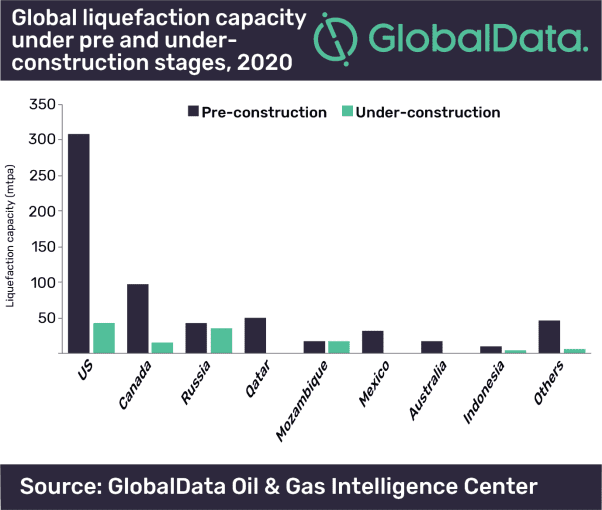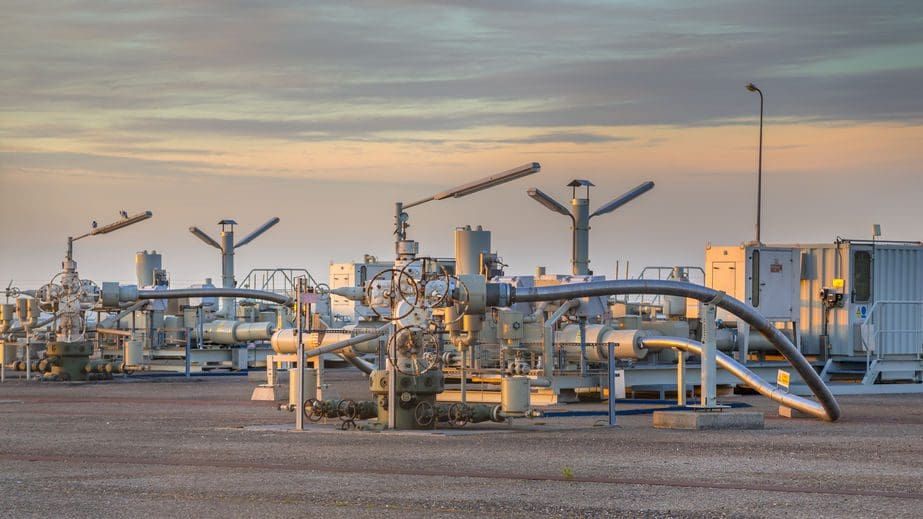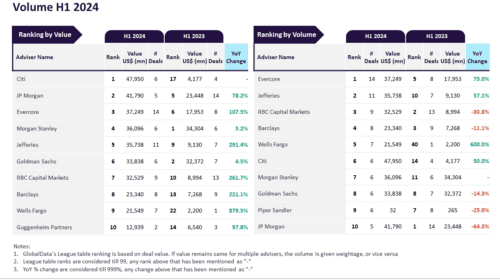The global liquefied natural gas (LNG) liquefaction sector is reeling under the pressure of falling oil and gas prices, weak LNG demand and poor global economic outlook. Consequently, LNG developers have started relooking at their strategies and capex plans for 2020. This could lead to postponement of financial investment decisions (FIDs) and construction delays of some of the upcoming projects, says GlobalData, a leading data and analytics company.
Soorya Tejomoortula, Oil and Gas Analyst at GlobalData, comments: “The global LNG sector was already witnessing an LNG supply glut and weak demand before the outbreak of COVID-19. The fall in gas prices and further weakening of LNG demand after the COVID-19 outbreak has accelerated this trend.
“The structural shift of LNG buyers favoring short-term contracts with smaller volumes can also increase the risk of FID delays and project cancellations. LNG developers typically rely on long-term contracts to secure financing for their projects.”
Already a couple of LNG developers have announced construction delays due to the impact of COVID-19. The LNG Canada project is likely to be delayed as construction personnel at the project site in Kitimat has been reduced by half to deal with the possible spread of COVID-19. Pacific Oil & Gas also announced that Woodfibre LNG project construction in Canada is likely to be extended by one year mainly due to delay in the arrival of components from Asia.
 Tejomoortula concludes: “The instances of Royal Dutch Shell withdrawing from the Lake Charles II project in the U.S., and Woodside Petroleum delaying Train 2 of Pluto LNG project in Australia indicates the current crisis situation has serious ramifications on the upcoming liquefaction projects.”
Tejomoortula concludes: “The instances of Royal Dutch Shell withdrawing from the Lake Charles II project in the U.S., and Woodside Petroleum delaying Train 2 of Pluto LNG project in Australia indicates the current crisis situation has serious ramifications on the upcoming liquefaction projects.”
Oil and gas operations are commonly found in remote locations far from company headquarters. Now, it's possible to monitor pump operations, collate and analyze seismic data, and track employees around the world from almost anywhere. Whether employees are in the office or in the field, the internet and related applications enable a greater multidirectional flow of information – and control – than ever before.











